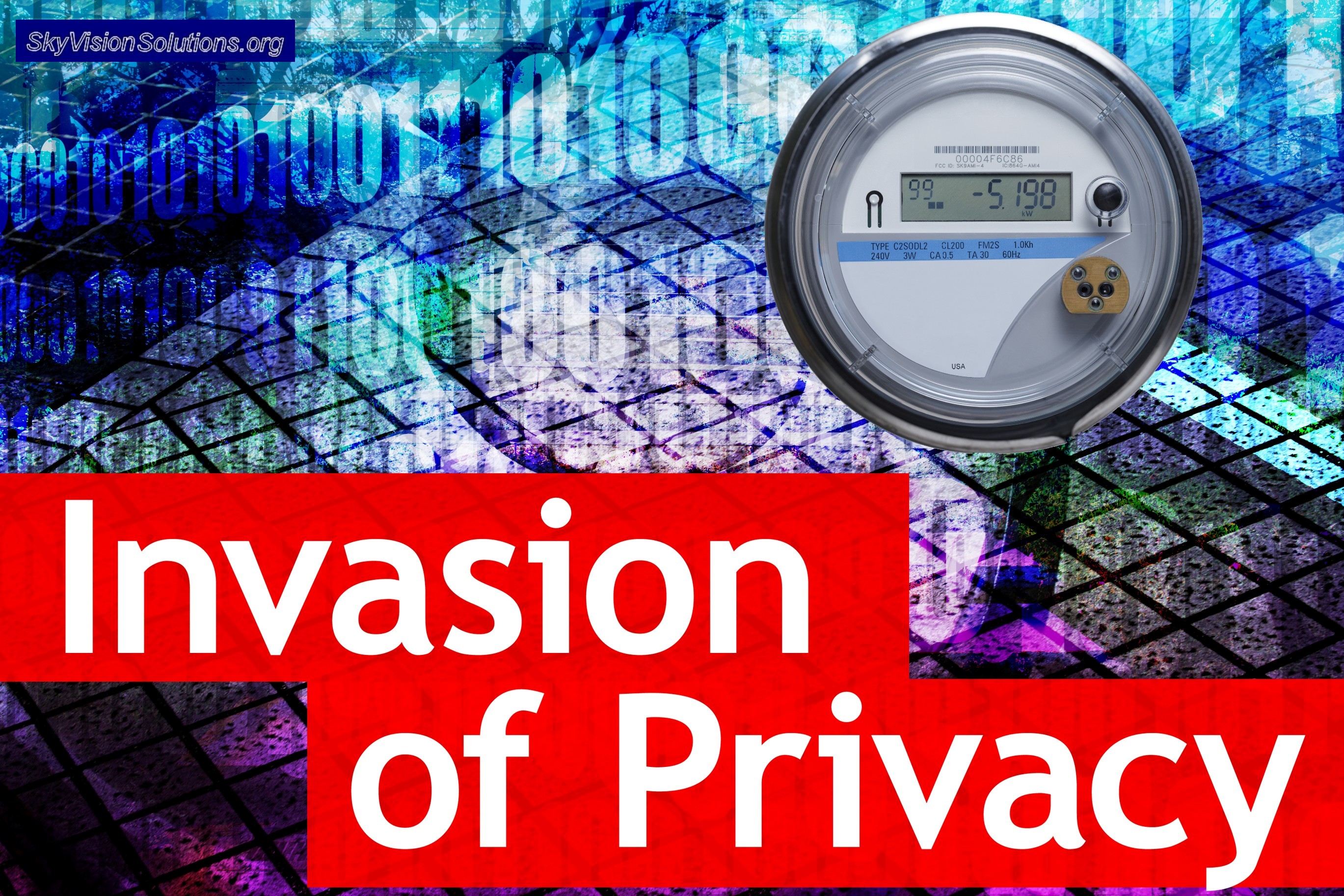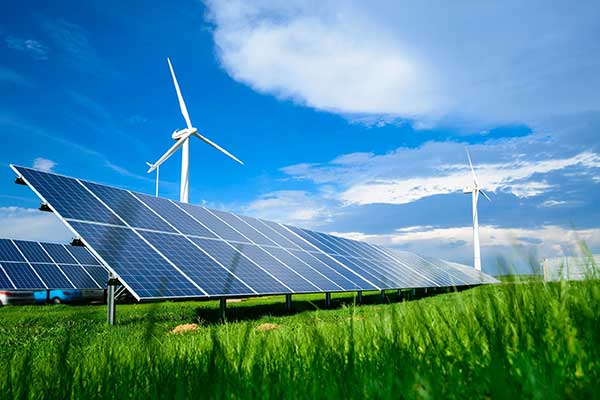Smart meters have gained significant attention in recent years as a cornerstone of the modern energy landscape. However, many people still have questions about their functionality and how they contribute to a more efficient and sustainable energy system. This article aims to demystify the technology behind smart meters, providing a clear understanding of their functionality and benefits.
What are Smart Meters?
Smart meters are advanced digital devices that replace traditional analog meters used to measure energy consumption. They are connected to the internet and equipped with two-way communication capabilities, allowing real-time data exchange between energy providers and consumers. This technology revolutionizes the way we monitor, manage, and optimize energy usage.
Real-time Energy Monitoring:
One of the key features of smart meters is their ability to provide real-time energy consumption data. Unlike traditional meters, which required manual reading, smart meters automatically transmit usage information to energy providers. Consumers can also access this data through web portals or smartphone apps, enabling them to monitor their energy usage patterns and make informed decisions about reducing consumption and optimizing efficiency.
Improved Billing Accuracy:
Smart meters eliminate estimated billing and provide accurate measurements of energy usage. By monitoring consumption in real-time, they ensure that consumers are billed based on actual usage rather than estimates. This promotes fairness and transparency in billing, helping consumers better understand and manage their energy costs.
Energy Efficiency and Conservation:
With access to detailed energy consumption data, consumers can identify areas of inefficiency and take steps to reduce waste. Smart meters provide insights into the impact of various appliances, lighting systems, and behaviors on energy usage. Armed with this information, consumers can make informed decisions about energy conservation measures and adopt energy-efficient practices, contributing to a greener and more sustainable future.
Integration of Renewable Energy Sources:
Smart meters play a crucial role in the integration of renewable energy sources, such as solar panels or wind turbines, into the grid. By monitoring the production and consumption of electricity in real-time, smart meters facilitate the seamless integration of these decentralized energy sources. They enable energy providers to accurately measure the amount of energy generated and allow consumers to feed excess energy back into the grid, promoting a more balanced and resilient energy system.
Demand Response and Load Management:
Smart meters enable demand response programs, where energy providers can communicate with consumers and incentivize them to shift their energy usage during peak demand periods. By actively managing energy demand, utilities can reduce strain on the grid and avoid the need for additional fossil fuel-based power plants. Smart meters facilitate load management by providing consumers with real-time pricing information, empowering them to make energy-saving choices and participate in grid balancing efforts.
Enhanced Grid Reliability and Resilience:
The two-way communication capabilities of smart meters enable utilities to quickly detect and respond to power outages. Smart meters can alert energy providers of any disruptions, allowing them to identify the location and restore power more efficiently. Additionally, by integrating renewable energy sources and enabling demand response, smart meters contribute to a more reliable and resilient energy grid.
Conclusion:
Smart meters are revolutionizing the way we consume, monitor, and manage energy. By providing real-time data, promoting energy efficiency, and facilitating the integration of renewable energy sources, smart meters empower consumers and contribute to a more sustainable and resilient energy future. Understanding the functionality of smart meters is crucial for individuals and communities to actively participate in creating a greener and more efficient energy system.


